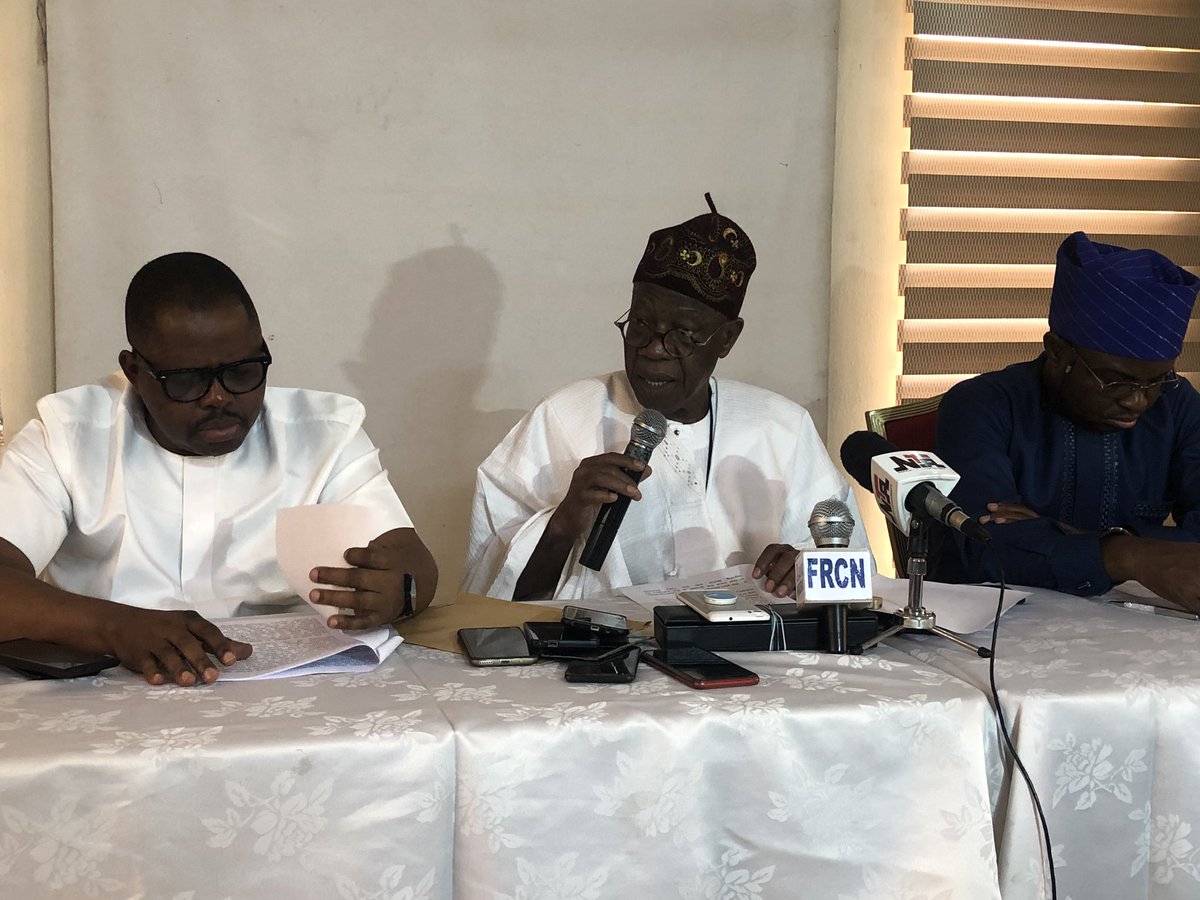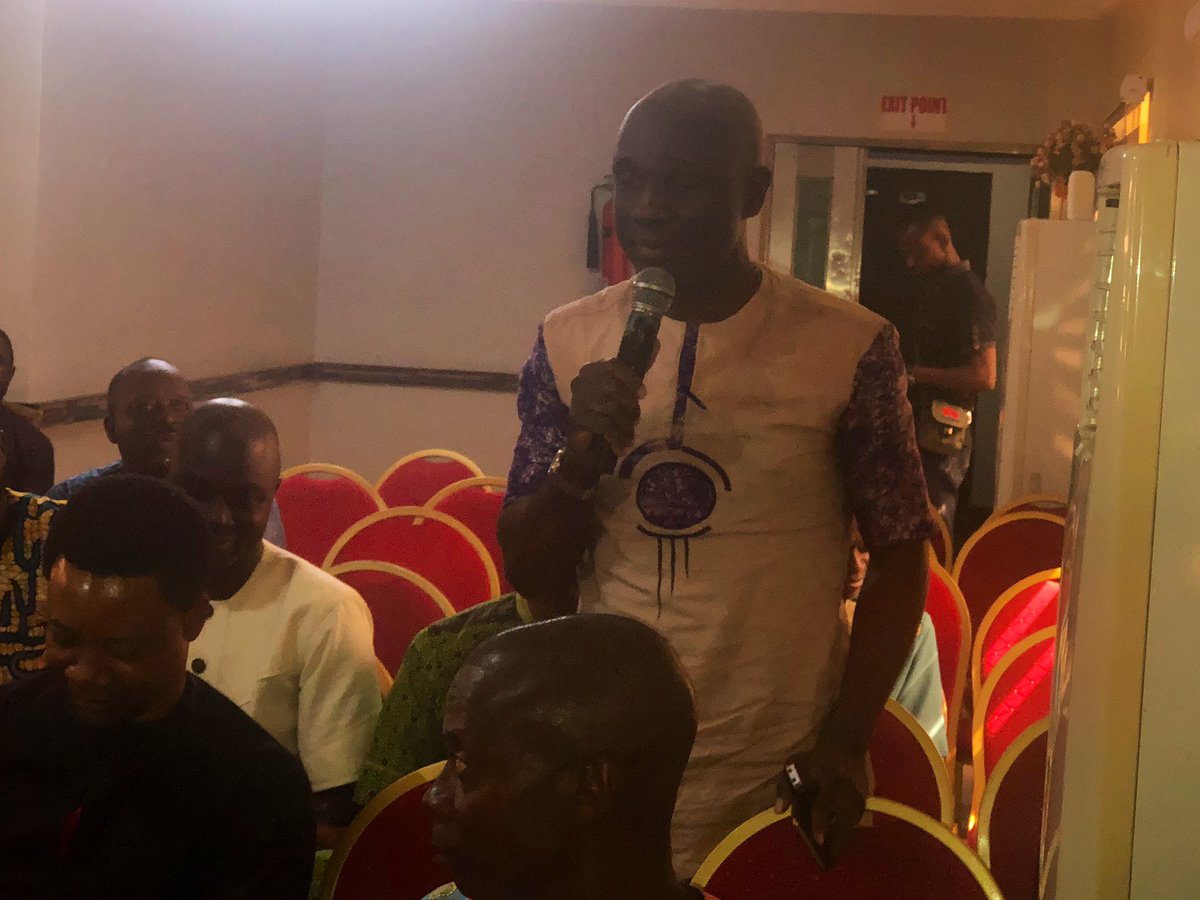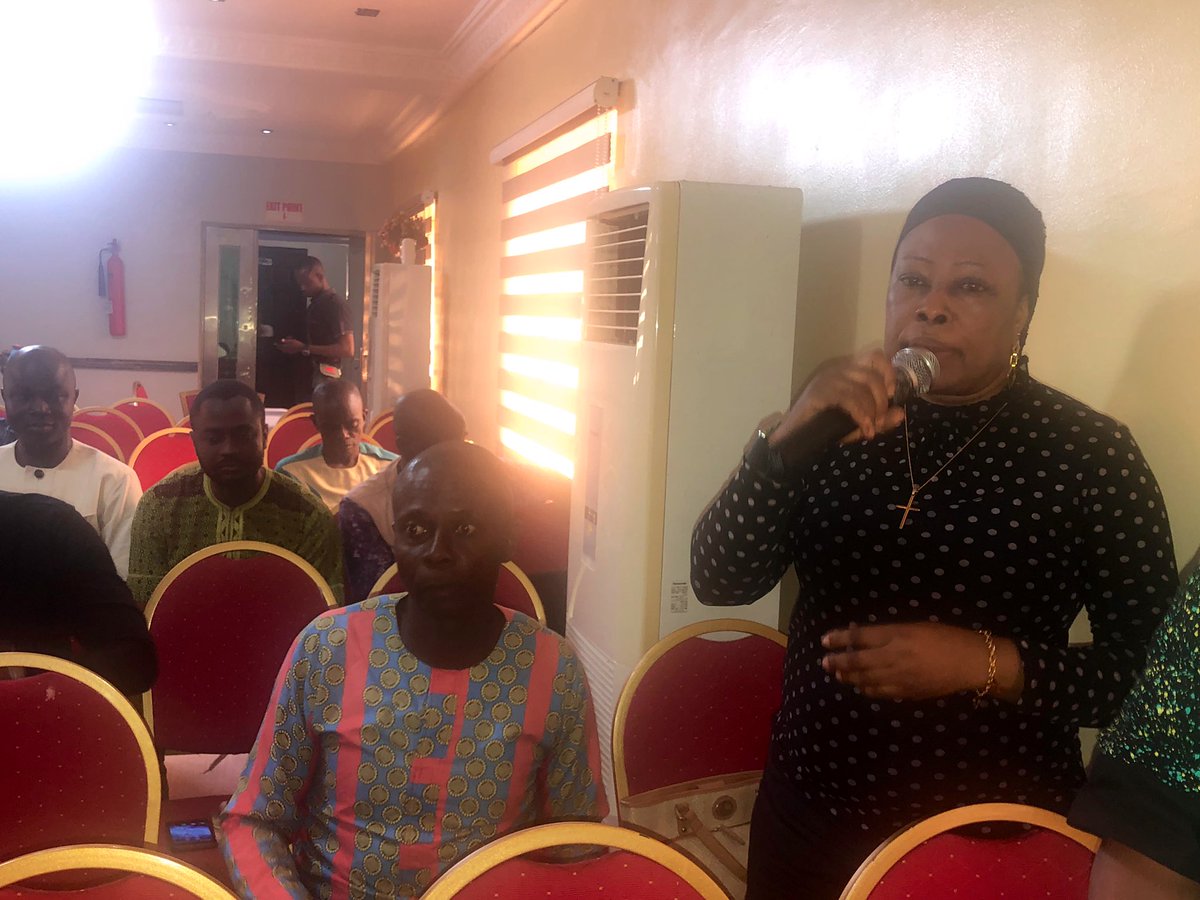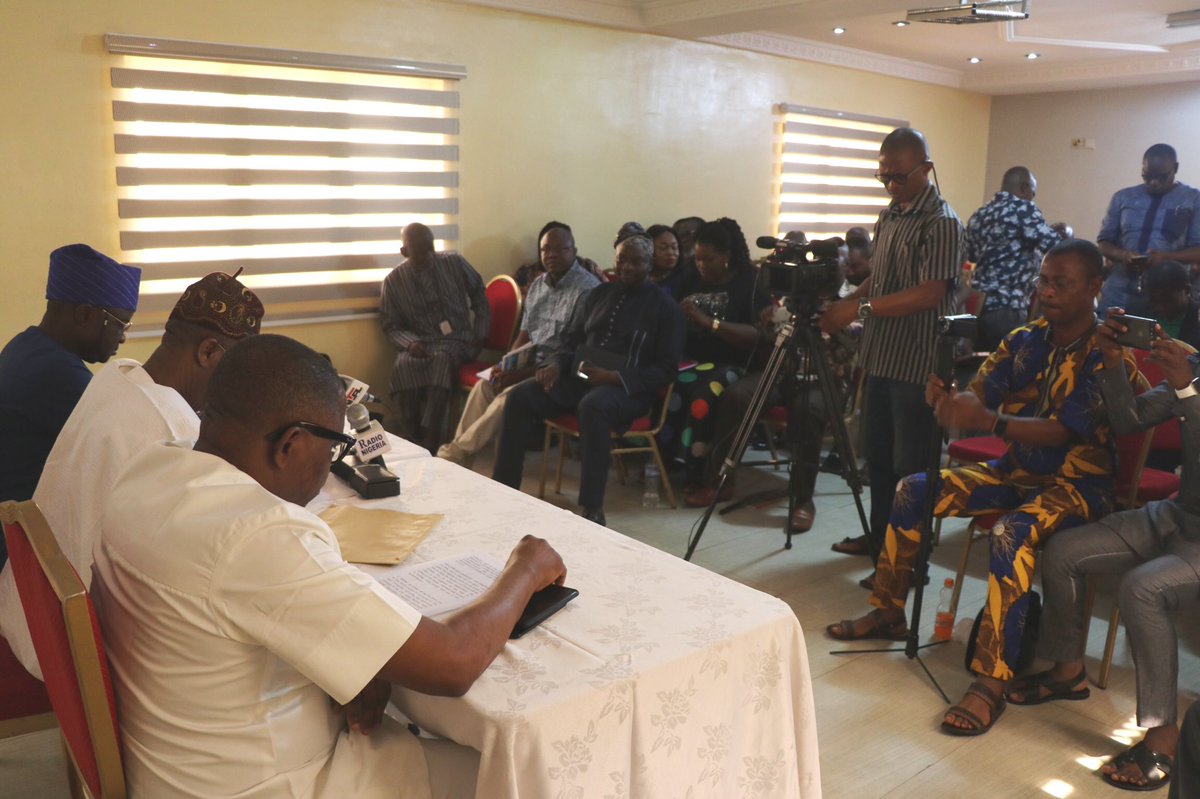I have been studying data journalism for the past four years, and, so far, I have collected books and papers that may be very useful to comprehend this topic. #ddj #books #quarantine #AcademicChatter
If you have no idea what #ddj means, this is your book. You will read about the power of data in journalism stories - both day-to-day articles and investigative projects - and find several examples.

Bradshaw is a legit data guru, so I suggest you read everything he writes. He prepared a specific chapter about #ddj in this book. You will find a list of data sources and learn how to interrogate data.
…inejournalismblog.files.wordpress.com/2017/12/data-j…

Rogers shows that journalism uses data for a long time, and the main difference is that today we have a great number of datasets to understand the world - thanks to the amount of public and #opendata available.

When and how did journalism become more contextual and explanatory? Anderson examines the role played by facts and data in journalism practice while brings the discussion about objectivity and uncertainty.

The way journalists tell stories is changing, and Usher tells us how it worked for NYT and the Pulitzer Prize winner Snow Fall. Interactivity might be found in different forms of journalism, including #ddj.

News is increasingly surrounded and created by algorithms, and it includes every step in journalism chain: production, dissemination, and reception. How do algorithms and automation change the news media?

A great book to think about how data journalism and knowledge production are connected. Social facts emerge every day in our groups, and they influence all news ecosystem in an era of disinformation.

The book presents five sections and several texts, and my suggestion for you is to read the piece about #ddj and education.

Have you heard of "Visual Trumpery"? The first example of the book is a misleading electoral map presented by Donald Trump out of context.









